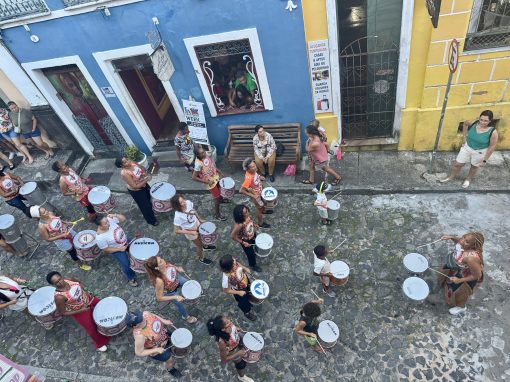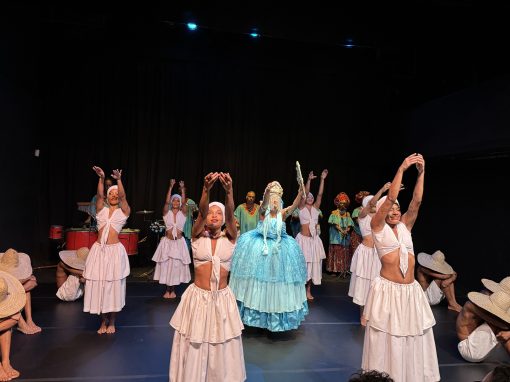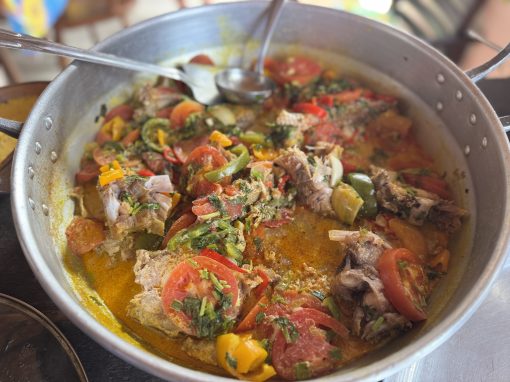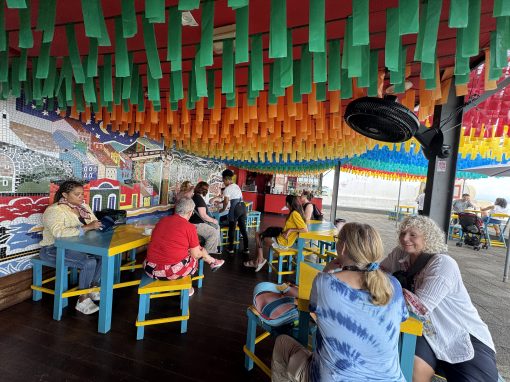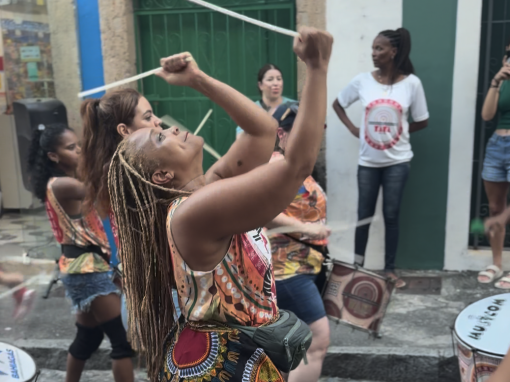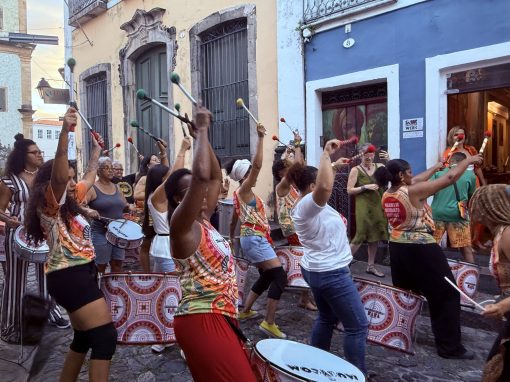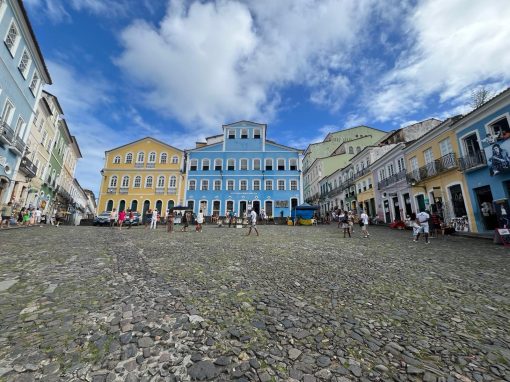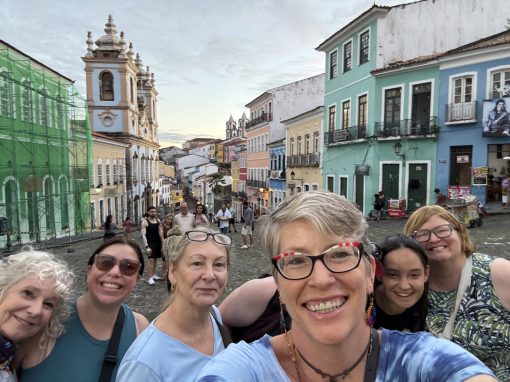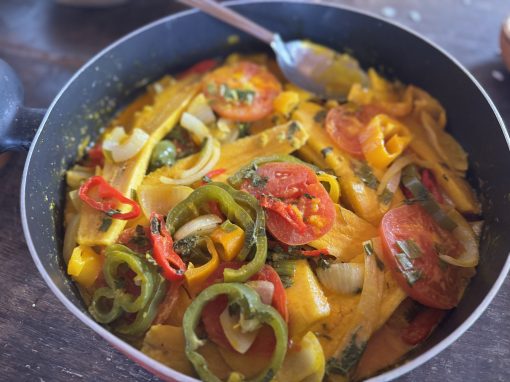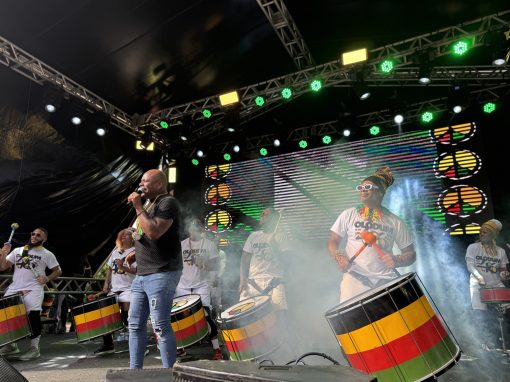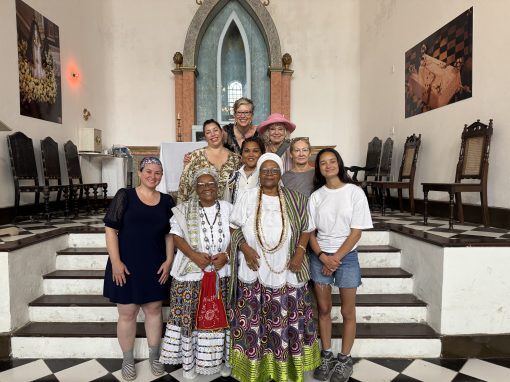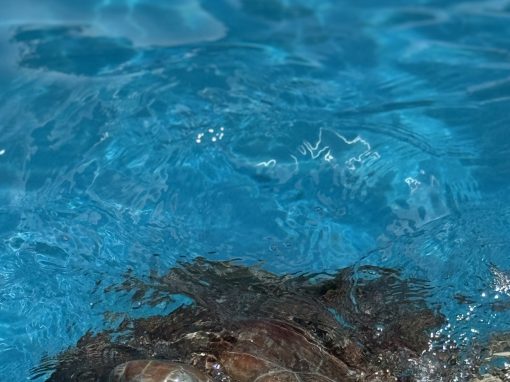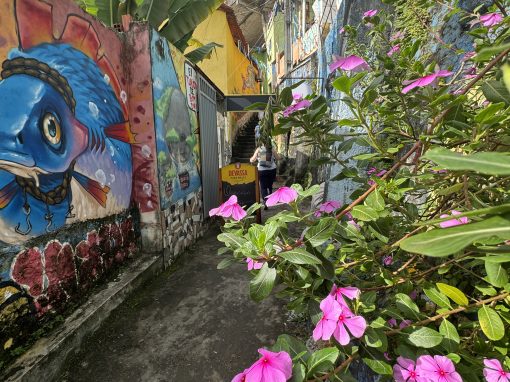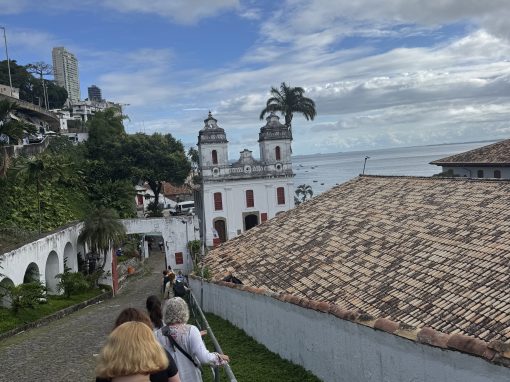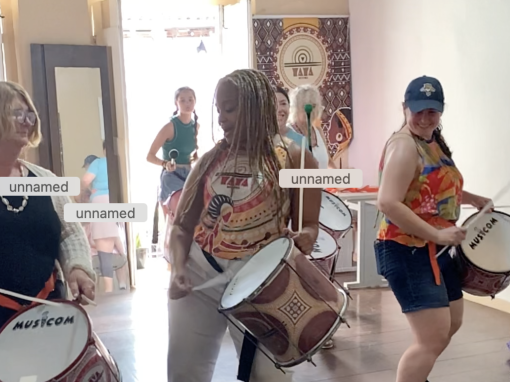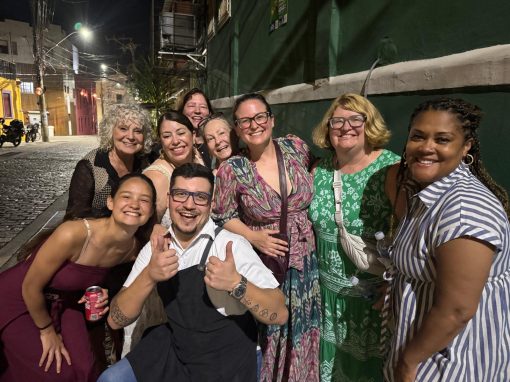

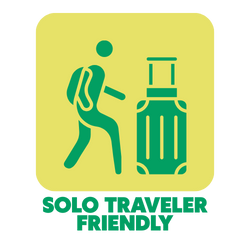


*Prices include airfare, lodging, ground transportation, meals, activity fees, and more.
*Any exceptions are clearly disclosed in the application.
Day 1: Welcome to Bahia!
After a day of travel from our various hometowns across the U.S., we’ll all meet for the first time at our hotel in Salvador da Bahia to begin the GCAC program. On our first evening, we’ll do Salvador by night as we have dinner in the historic Pelourinho District and attend a fascinating contemporary and cultural presentation by the world-famous Balé Folclórico in which they highlight the best of popular dances from Bahia´s rich heritage, including Capoeira and Samba.
Day 2: City Orientation by Day, Music and Dancing by Night
After breakfast, we’ll take a city tour which is a good orientation to our surroundings but also highlights the African contributions to Salvador da Bahia’s construction. We start in the modern suburb of Barra at the mouth of the bay with its famous lighthouse, and from there we make our way to the Pelourinho district, providing the largest and best-preserved complex of colonial architecture in the Americas. Next, we see the iconic Lacerda Elevator and then visit the Church of St Francisco known as one of the world’s most magnificent churches. Last stop is THE MUNCAB, National Museum of Afro-Brazilian Culture, which provides an excellent summary of the movements of enslaved Africans into northeastern Brazil and the diverse heritage of each group. Saturday afternoon and evening we’ll hang out in the Pelourinho where our ears become the best tour guide as we wander the cobblestone streets seeking the intoxicating rhythms of samba reggae!
Day 3: Open Market Visit and Bahian Cooking Class
Bahian cuisine is a unique combination of African, Native Brazilian, and Portuguese influences. We’ll start the day with a visit to an open market, to observe the raw materials of Bahian cooking with its colorful and vibrant aromas. Then we move to a Bahian home to learn how to prepare one of the most popular dishes in town – fish moqueca. After we feast on our culinary hard work, we’ll have the rest of the day free to explore (on your own or with a new friend you’ve made in our GCAC group).
Day 4: Excursion to Historic Cachoeira
We leave the city behind and drive through the oldest farmland in the country to see the true countryside of Bahia and learn about rural life in Brazil with its history of sugar cane and tobacco plantations, peaceful colonial towns, and busy country markets. Passing by the beautiful town of Santo Amaro da Purificação, we visit their market to get a glimpse of the agricultural production of this area and then visit a farm now occupied by Movimento Sem Terra (land reform group) to learn about their struggle and activism to promote land reform. Our final destination is Cachoeira, where we’ll have a true farm-to-table lunch overlooking the city and the Paraguaçú River. After lunch, we’ll visit a cigar factory and learn all about the traditional process of cigar making from farm to finish. While in Cachoeira, we’ll visit the second most significant harbor in Brazil during the colonial period. Our final stop is in the town of Recôncavo known for its preservation of African traditions. Here, we’ll visit the Sisterhood of Boa Morte (Good Death) – the oldest organization of Black Women on the continent.
Day 5: North Coast Tour - Beach and Creature Lovers
Today’s journey takes us on the Coconut Coast Highway’s more than 40 miles of pristine beaches towards our destination of Praia do Forte. First, we’ll learn about local conservation efforts for sea turtles and then go on an excursion in search of humpback whales! We’ll spend the rest of the day hanging at the beach, swimming, surfing, or doing nothing at all – your choice!
Day 6: Museum Day & Sunset Dinner with Ocean View
In the morning and early afternoon, we’ll visit two of the newest and best museums in Salvador da Bahia.
Inside Casa da Musica, we take a deep dive into the past, present, and future of sound production in Bahia. This music history tour of the state and country features the greatest artists from MPB (Musica Popular Brasileira), samba reggae, rock, pagode, axé, and others. Our second museum is Casa do Carnaval which tells the story of the Bahian identity within the Carnaval tradition and discover how it is vastly different from Carnaval in other parts of Brazil and the world.
Late afternoon takes us to one of the most beautiful architectural complexes on the coast of Bahia, Solar do Unhão. Solar do Unhão houses the Museum of Modern Art of Bahia (MAM) and is considered the primary collection of contemporary art in the state and one of the most important collections in the country. After enjoying the art, we’ll take in the view and enjoy our dinner at their restaurant complete with outdoor tables and front row seats for the spectacular sunset. Photo ops abound!
Day 7: Capoeira Morning Class & Condomble Evening Ceremony
After breakfast, we’ll attend a group class and demonstration of capoeira, a type of Brazilian martial art that is disguised as a dance but with deep spiritual roots. Capoeira was thought to have originated more than 500 years ago, brought to Salvador da Bahia from enslaved people from the African nation of Angola. We’ll work with a capoeira master to learn about this art form’s history, attempt some traditional ginga moves, and then we’ll observe some of the professionals up close.
At night, we’ll learn about the deep spiritual roots brought to Brazil by people of the Yoruba nation of Africa as we visit one of the most traditional temples of the African Candomblé religion in Bahia. Here, we’ll gain a sense of how these marginalized people overcame unspeakable hardships to preserve the religion of their ancestors, keeping Candomblé alive and well today!
Day 9: Last Party in The Pelo
On our last Saturday in the Pelourinho we have no set schedule. You have your favorite things to do and places to go by now, and you’ll know how to get around on your own. We’ll ask you to stay in small groups and we’ll have required check-ins throughout the day, but you are free to shop, learn, dance, and do anything else (keeping in mind all you’ve learned about honoring a country’s laws and staying safe!)
Day 8: Samba Reggae Drumming & Brazilian Dancing Lessons
We’ll start the morning with a group dance class where professionals will guide us on how to allow our bodies to move as authentically as possible (a much-needed skill to thoroughly enjoy all the Brazilian dances we’ve been seeing and practicing throughout the program).
The rest of the day and evening is all things samba reggae, but this time we are actively participating instead of spectating. The wildly talented women and girls of Yayá Muxima led by musician activist Viviam Queiros serve as our teachers. Yayá Muxima exists to empower and amplify the voices of Black women through the power of music. They play a vital role in the community of Salvador da Bahia as they advocate for equity and education of Black women while paying tribute to their ancestors and cultural heritage stemming from the enslavement of African people via the Transatlantic slave trade.
Day 10: Tchau Brazil - We Are Headed Home - Until Next Time!
This morning at breakfast, we say our group goodbyes. Depending on your airport departure time, you may have time for another excursion on your own, but this is the official end of the program. If you need a late checkout at the hotel, you’ll need to ask about this ahead of time. We will do our best to facilitate shared transportation to the airport for those with similar departure times.

